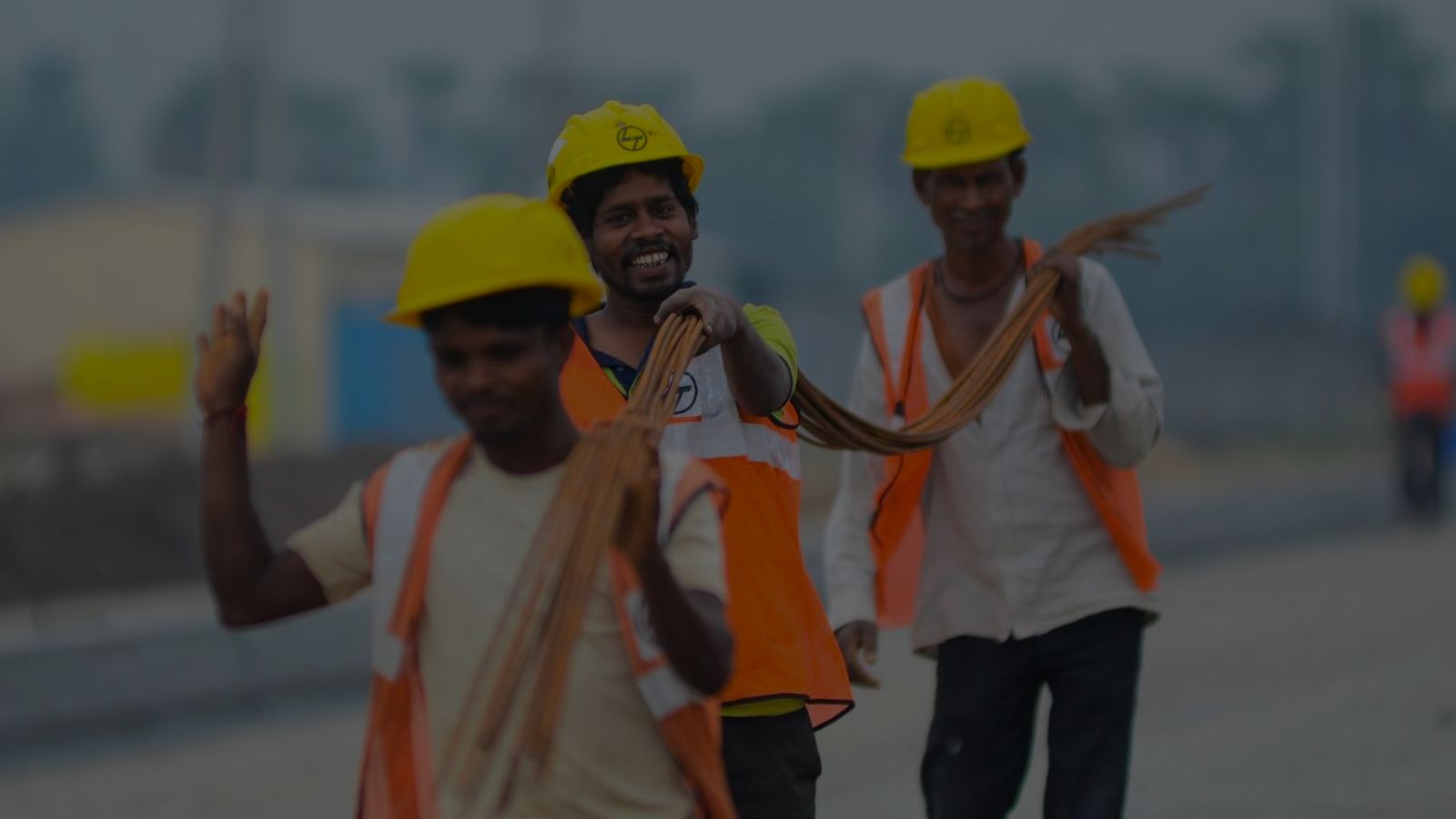By Tasneem Essop (Executive Director Climate Action Network International) and Toni Moore (General Secretary Barbados Workers’ Union and Workers’ spokesperson at the International Labour Conference)
“A just transition for all towards an environmentally sustainable economy … needs to be well managed and contribute to the goals of decent work for all, social inclusion and the eradication of poverty.” Guidelines for a just transition towards environmentally sustainable economies and societies for all” International Labor Organization (2015)
New research from a few weeks ago could offer important clues on how a just transition works in reality and is not just a theoretical framework. A study from Spain showed how coal-dependent communities through concerted dialogue with decision-makers and trade unions were able to accept and electorally support progressive climate policies- something that would have seemed impossible even a few years ago.
Starting next week, both the UN climate talks and the oldest UN agency, the International Labour Organisation (ILO), will start negotiating how to make Just Transition real.
The timing could not be better: inequality is growing, unemployment and precarious work are soaring, energy bills are going up (with historical record profits for fossil companies) and governments are backtracking on climate policies, arguing fears for jobs and community unrest.
Pitting jobs against the environment is a political choice, a deadly one. Just transition policies are the choice for those who want life on this planet to thrive. The research cited above shows that this is not just wishful thinking. Workers and communities have the ideas, hopes and resources to transform their territories if they are given the space, support and voice to make these choices.
Civil society organisations and trade unions around the world are demonstrating how engaging with workers and communities from the onset delivers better and more effective climate policies. It is not simply about ‘taking care’ of workers and affected communities. It is about genuinely engaging with them in policy design and implementation.
This is what Just Transition is about, and this is what we need the United Nations to endorse and deliver.
For the first time, unions and climate groups are mobilising together to get the ILO and the UNFCCC to go further on their ambition. As a minimum, three aspects of Just Transition must be embraced by both bodies:
(1) The need to stay within planetary boundaries, including 1.5°C, which implies urgent and massive shifts in all sectors, notably a fair and equitable phase out of fossil fuels;
(2) The respect, protection and fulfilment of workers’ fundamental labour rights to freedom of association, social dialogue, collective bargaining and social protection;
(3) The need for Just Transition strategies to depart from traditional economic models and support a transformation that places equality, inclusion, justice and freedom at its heart.
Trade unions and climate groups are coming together because the time for making climate and social justice is now. Governments must move from “leaving no one behind” to putting people front and centre of climate action.





